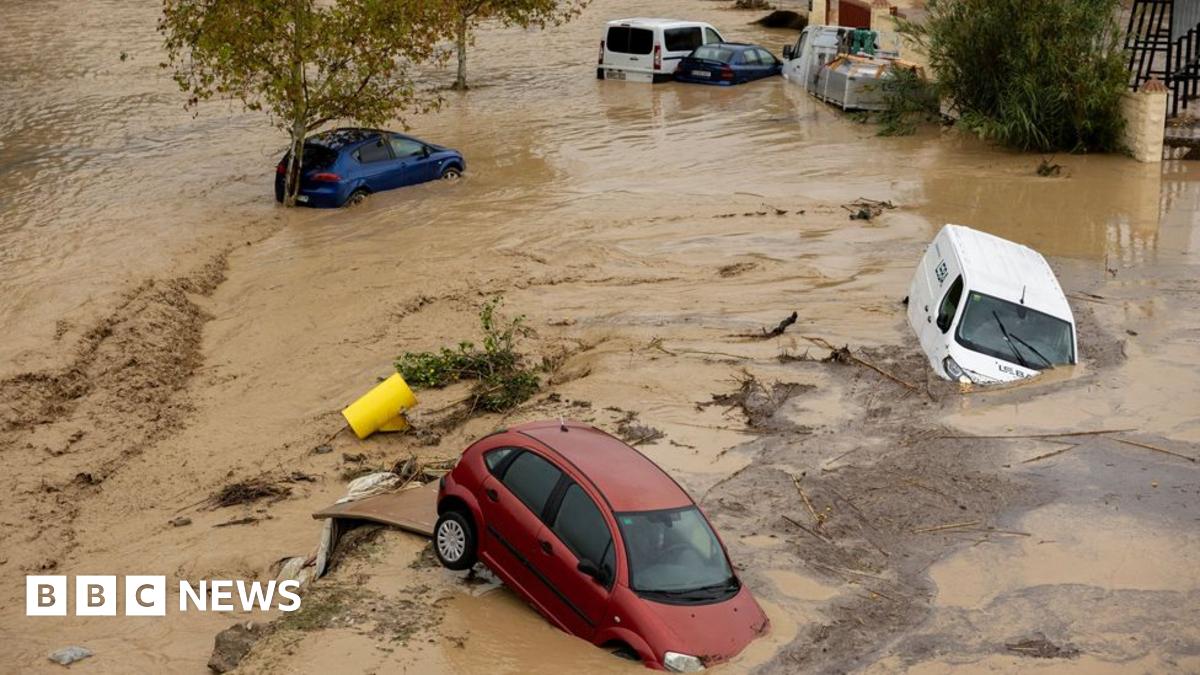Is the rise in co2 a serious problem?
There are points on both sides of the argument that need to be taken seriously.
The level of co2 in the atmosphere has almost doubled since the mid 19th Century. It used to be 240 parts per million. It is now 419 parts per million. I think we can be pretty sure it will be at that double point in the next few years.
The big question is though;
is this a disaster?
Well we know from physics that more co2 causes more greenhouse heating. So what? The mean global temperature of the planet is sub 15 degrees C. This is pretty low by the standards of the last half billion years.
View attachment 60447
You can see where we are now at the right hand end of the graph. We are in an inter-glacial period. Earth has mostly been very much hotter than now for the entire period when complex life existed, so we are not talking about global loss of life events if the planet warms up (which it is doing). The mean global temperature is about one degree c warmer than it was in the mid 19th century.
As Mickel keeps saying, CO2 is the foundational cornerstone of all our living organisms on the planet. Carbon is the molecule which makes life possible. It is the scaffolding of all life and it comes directly from the co2 in the atmosphere. Plants absorb co2 and make complex sugars, which are the fuel of all animal life. The chemical formula of sugar is C12H22O11. Note the 12 carbon atoms. All plants and animals are carbon based and can not exist without it. We eat the plants directly, and we eat them indirectly in the form of meat and fish, which ate the plants for us, before we ate them.
Mickel is also right that the optimum co2 level for growing food plants is about double the current level of atmospheric co2. Greenhouse growers artificially boost the atmosphere inside their poly tunnels to that sort of level. They do it because the plants grow faster and produce much more food.
He is also correct that the periods of minimum co2 levels just below 200 parts per million which happened about 300 million years ago and again about 2 million years ago were not that far above the point where plants could have gone extinct.
On the other hand, the temperature of the planet is not the same everywhere. That moderate average temperature of 15C varies hugely as you move about the earth. Human populations exist all over the planet, struggling in the more extreme areas, both hot and cold. Rising temperature may well improve life for some, but it will make other places uninhabitable and dangerous. There are plenty of places where the summer day time temperatures approach and even exceed the temperature at which humans and some other animals will die. You will be very uncomfortable and unable to exert yourself at 40c. If your core body temperature gets over 43 - 44 c you will die, so warming - which is certainly happening and will continue, will make parts of the planet uninhabitable. But of course, large areas of the planet are pretty much uninhabitable anyway. 2/3 of it is covered in oceans. You won't last long dumped in an ocean without a pretty good life support system called a ship. We can barely live in desert areas, or in the very cold polar and semi polar regions. People will die in very large numbers and they will move in very large numbers. They already are doing. Some areas which are now cold will be more comfortable and productive. Change is on the way for sure.
Land use and farming will have to change. Crops grown in some areas will not be able to continue as staple products. Others will need to be found. They exist. We can do that. Some animals will need to change their normal range and many will die out. Others will take advantage of the new environment vacated by the less hardy. It is ridiculous to pretend that warming (which is already inevitable) won't cause problems. That said, living on the planet has ALWAYS given us and the animals around us plenty of problems. The changes will be faster than in the previous changes, because the release of fossilised carbon is at a very high rate. In general the only past prehistoric releases of carbon on this scale have occurred during strange geological events which created widespread volcanism and flood basalt flows like the Siberian Trapps and the Deccan Trapps. These upheavals caused extinction events and millions of years of climactic upheaval. None of them are recent.
One unpredictable outcome will likely be the release to the atmosphere of frozen methane deposits from the soil in tundra areas, and from methane clathrates under the presently cool arctic seas. Methane has per volume, twenty times the warming potential of co2. Water vapour too is a warming gas and warmer oceans will mean more evaporation. These issues may form a positive feedback loop which could and likely would accelerate warming. On the other hand, more water vapour clouds may reflect more sunlight straight back to space. The picture is multi-dimensional and complex.
Co2 levels are now double what they were during the entire lifetime of our species. There will be very large upheavals of our agricultural systems, and settlement patterns. Melting ice caps and sea level rise, including the submergence of many coastal regions and cities will mean migration and loss of infrastructure which will need to be replaced. We won't be going extinct though, but in some parts there will be famine, war, mass migration and upheavals.
Whether you believe this or not, it is happening and will continue to happen because we have already put a lot of that fossil carbon back into the atmosphere. That is where it came from originally during the hot periods of earth's past. The coal we have been burning and the Chinese can't seem to get enough of right now, formed in hot swamp forests millions of years ago during the Jurassic and Cretaceous periods. Trees pulled carbon out of the atmosphere, died and rotted under the swamps forming coal. Oil formed from the remains of carbon based plants and animals.
View attachment 60448
People rightly point to Milancovitch Cycles in explaining periods of warming and cooling in the geological record, but co2 cycles were also very strong drivers of the rising and falling temperatures. Temperature is a mater of heat input from the sun AND heat retention by the atmosphere and the gasses in it. Climate is a complex system with more than one input.
Whatever we think as a country and as individuals, we are going to have a hard time getting agreement on what to do about our inputs to climate change. Energy is such a liberating gift that many big emitters of co2 will not easily give up the advantages they get right now - whatever impact it may later have on their future. Politicians generally think on very short time scales. They won't risk severe unpopularity by advocating policies which make people's lives worse right now, even if the actions of today make things much worse in the future. If they do, people in democracies will get rid of them for short term gains.
The best hope for ending our release of fossilised carbon, is probably new technological development, but it will take some pretty spectacular discoveries to make fossil fuels redundant. I wonder what they might be?















